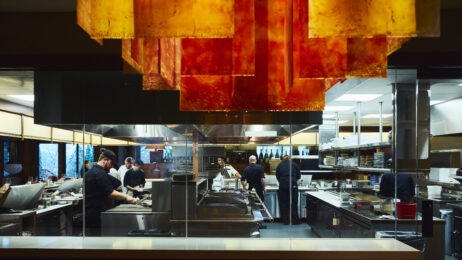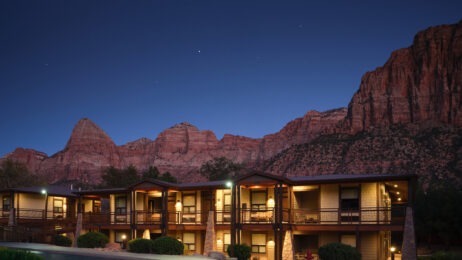MGM Resorts International, the corporate owners of Mandalay Bay Resort and Casino in Las Vegas, is suing more than 1,000 victims of the shooting that took place from there on Oct. 1. MGM is seeking a release of liability, rather than financial gain—it went to federal courts in California and Nevada and demanded that any claims from victims against the hotel “must be dismissed.”
The shooting took place at the Route 91 Harvest Festival when Stephen Paddock opened fire from his Mandalay Bay hotel room, killing 58 and injuring more than 500 during a concert, making it the deadliest mass shooting in American history.
Read our piece on last year’s tragedy and the strength of Las Vegas
What MGM is Planning
The hotel company is using the 2002 federal SAFETY Act (Support Anti-Terrorism by Fostering Effective Technologies Act), to support its case. The legislation protects corporations affected by mass attacks on U.S. soil if the services used were preapproved by the Department of Homeland Security. Contemporary Services Corporation (CSC), the security company MGM contracted for the concert, was backed by the Department of Homeland Security, potentially releasing MGM of its liability.
Debra DeShong, an MGM spokeswoman, says the claim is an effort to bring the cases to federal court, rather than state court, and ultimately benefit the victims.
“The federal court is an appropriate venue for these cases and provides those affected with the opportunity for a timely resolution,” she said. “Years of drawn-out litigation and hearings are not in the best interest of victims, the community and those still healing.”
Between the Lines
Robert Eglet, a lawyer whose firm is representing hundreds of the Las Vegas victims, deemed MGM’s claim as “outrageous” and pointless. Eglet says the Safety Act would apply to CSC, but not MGM. He added that the issue of jurisdiction is already being debated in court, and MGM is unethically “judge shopping.” It is speculated that by taking the case to federal courts, MGM thinks it might have a better chance of winning, the BBC News Services reported.
“They are trying to find a judge they like,” he said. “All they have done is cause a tremendous amount of stress, pouring gasoline on the fire.”
Public Opposition
MGM’s decision has begun to spark outrage on social media. A survivor of the tragedy, Brian Claypool, told USA Today that MGM’s lawsuit is a “stunt” that will not be successful.
“I am still in therapy once a week, and this is their way of trying to solve the problem,” Claypool said. “It’s shifting responsibility and minimizing their blatant negligence.”
“They didn’t have to take this overly aggressive, outrageous situation where they’re victimizing these people now twice,” Eglet said.
Carl Tobias, a law professor at the University of Richmond, said that despite the outcome, the public repercussions of the case will carry a heavy burden.
“Even if MGM is successful, that may not outweigh the adverse publicity for the company that the suit generates,” Tobias told USA Today.




